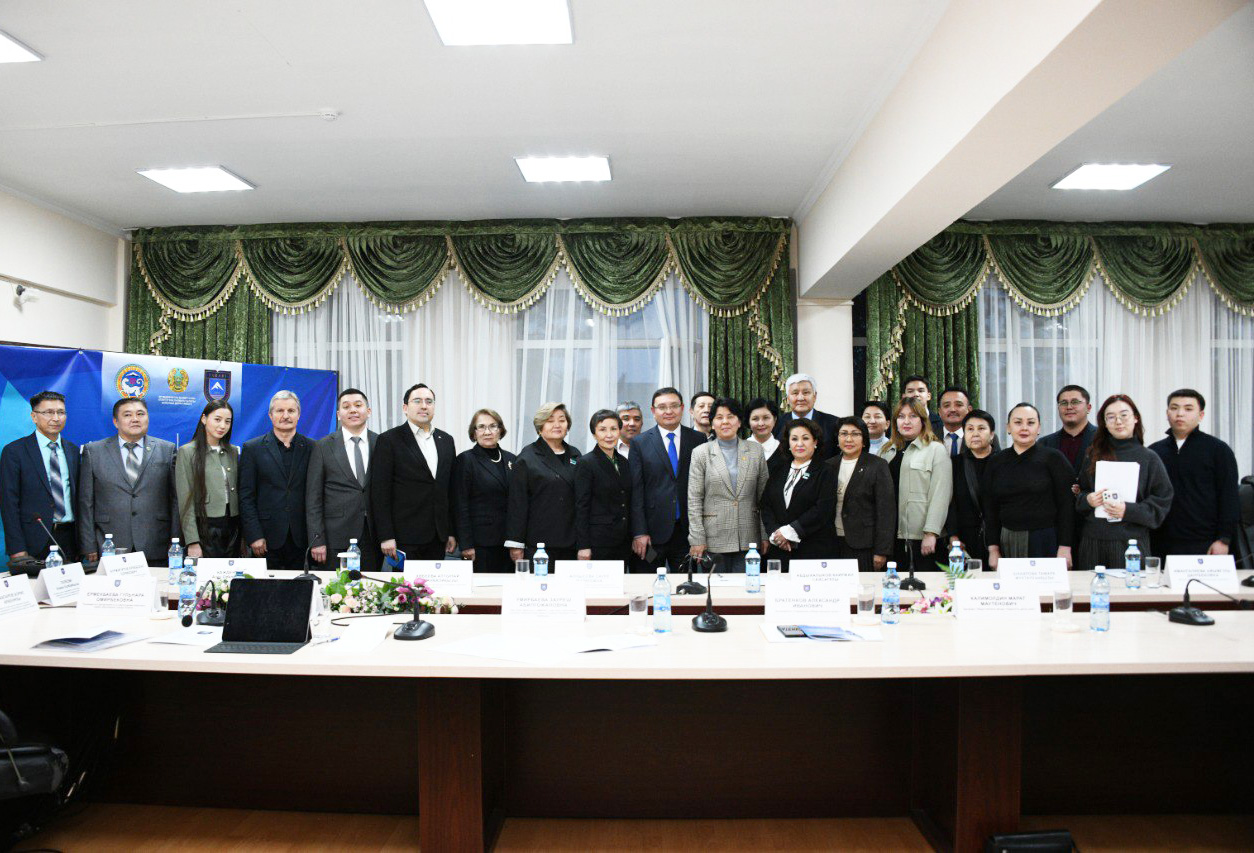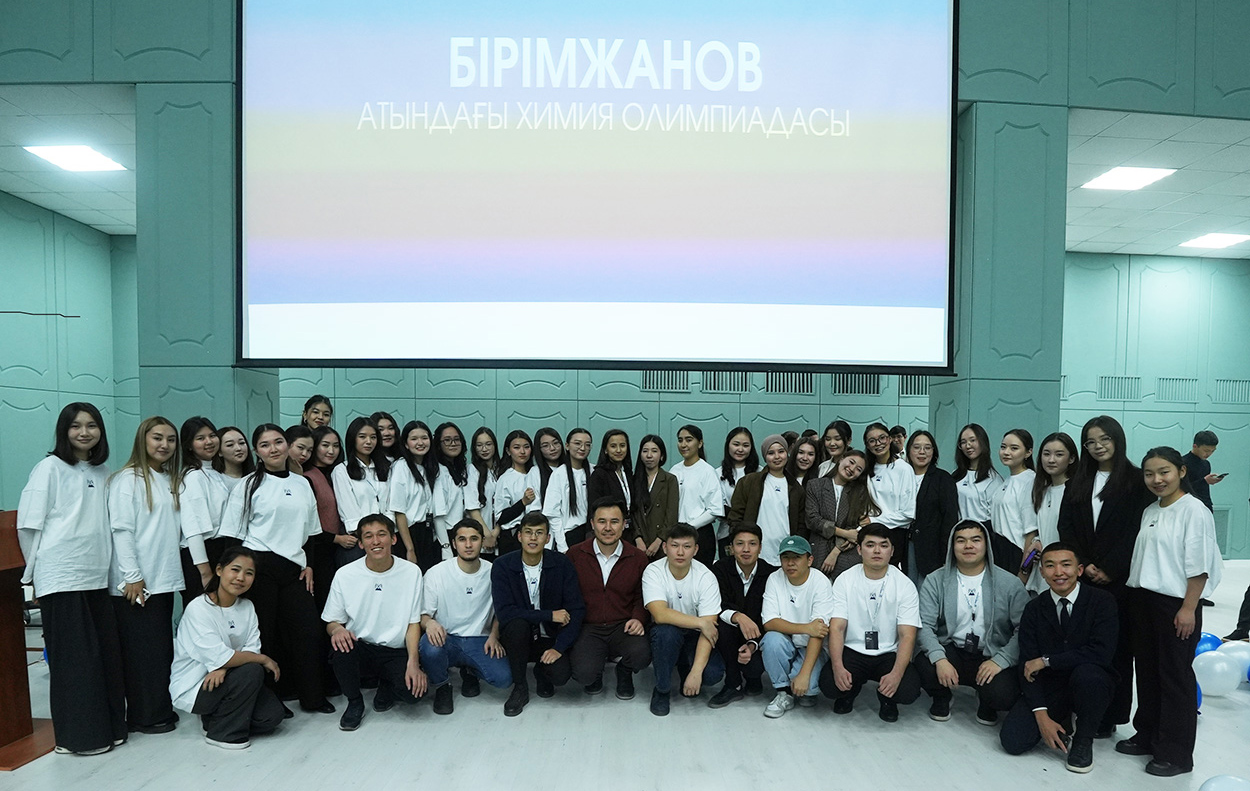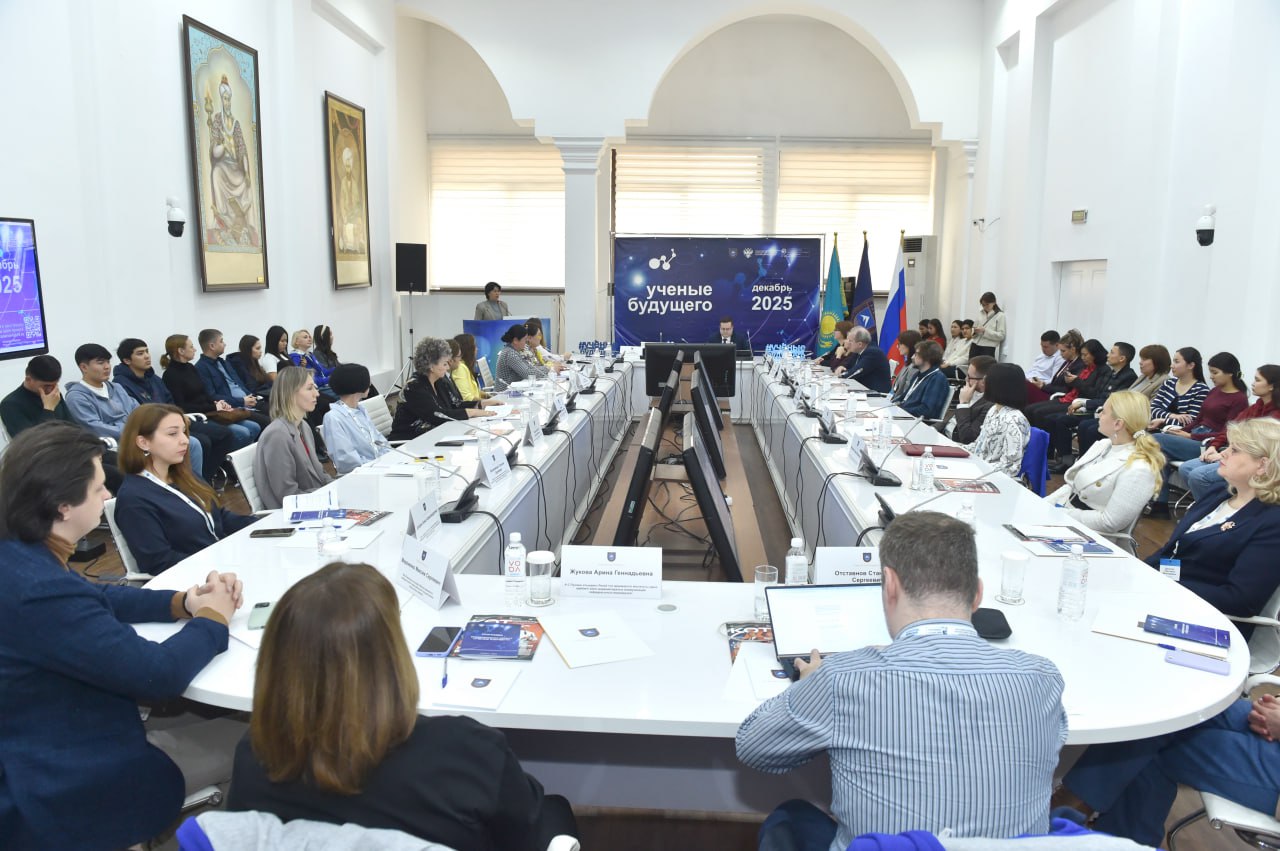🌿 Kazakhstan strengthens biodiversity protection measures! 🌍
On July 22–23, 2025, the fifth online meeting of Working Group WP2 was held as part of the international SPACES project – “Supporting Kazakhstan in achieving national biodiversity targets by creating institutional and legal conditions for expanding the network of protected areas.”
📍The event was organized by the United Nations Development Programme (UNDP) and the UN Environment Programme World Conservation Monitoring Centre (UNEP-WCMC) and held via the ZOOM platform.
👥 The meeting gathered representatives of governmental and international organizations, scientists, as well as faculty members and doctoral students of the educational programs "Geoecology and Environmental Management" and "Ecology" of the UNESCO Department of Sustainable Development of the Faculty of Geography and Environmental Management of al-Farabi Kazakh National University.
🎯 Key objectives of the meeting included:
- Introducing the spatial prioritization tool;
- Reviewing the quality and relevance of input data;
- Joint development of a final action map for expanding protected areas in Kazakhstan;
- Discussing practical applications of the tool in national environmental planning.
🧭 Session 1 – “Spatial Prioritization Tool” the session was opened by Talgat Taukenov (UNDP), who presented the agenda and objectives.
Next, Oscar Venter (UNDP) demonstrated a web-based spatial prioritization tool. The participants saw how a map of opportunities is formed based on spatial analysis, and how the weights of various data layers in biodiversity, climate change, and well-being affect the final priorities of environmental protection measures.
This tool enables integration of scientific, ecological, and socio-economic factors into a unified decision-making framework.
⚖️ In the second session – “Data Layer Weighting” led by Stanislav Verg and Talgat Taukenov (UNDP), an expert review of key data layers was conducted, such as biodiversity (species ranges, unique ecosystems), climate change (climate risks, vulnerability of territories), human well-being (socio-economic factors, population dependence on natural resources).
Participants actively discussed the relevance of each layer and contributed to the weighting process, ensuring a balance between ecological and social priorities.
🔚 The meeting ended with a question and answer session, where valuable suggestions were made on adapting the prioritization model to the Kazakh context.


